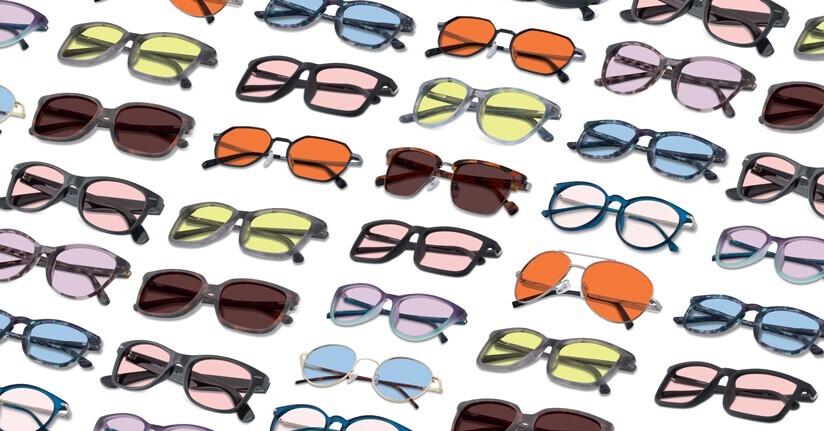Polarized Lenses
Sunlight is a common headache and migraine trigger. While sunlight is incredibly bright, the issue is "not just light, it’s usually glare," according to it’s headache specialist and National Headache Foundation Vice President Vincent T. Martin, MD. Polarized lenses are by far the best way to manage glare.
What are polarized lenses?
Polarized lenses block the sunlight that glares off water, cars, roads, and other flat surfaces. This glare accounts for much of the light reaching the eye on a sunny day and can be as big of a headache or migraine trigger as the sun’s brightness. Because of this, polarized lenses are considered essential in any pair of high-quality sunglasses, especially for anyone who is particularly sensitive to light. That’s why polarization is standard on all outdoor TheraSpecs – combining polarization with the tint that filters the most problematic wavelengths of light, which are abundant in sunshine, is the optimal way to avoid light-triggered headaches or migraines.
How do polarized lenses work?
Light from the sun (and light bulbs) moves in all directions, but when light reflects off a flat surface, most of it is oriented horizontally. This horizontally reflected light is responsible for most of the glare you see. Polarized lenses contain horizontally aligned molecules that absorb light rays traveling any direction other than vertically while allowing vertical light waves to pass through. The light it lets into your eyes is only transmitted in one direction (vertically), which eliminates glare.
Do polarized lenses have drawbacks?
Polarized lenses can interfere with some computer and device screens (that’s why indoor TheraSpecs aren’t polarized). Also, the tinting on some car windows (although not windshields) sometimes shows a faint checkerboard pattern when seen through polarized lenses. A very small portion of people who try polarized lenses report feeling ill. This is exceedingly rare and is usually caused by something other than the polarization, like low-quality lens material. Of the thousands of TheraSpecs we’ve sold, not a single person has reported this issue.
Would you prefer non-polarized outdoor lenses?
If you work with a computer or mobile device outdoors or would prefer non-polarized lenses for any reason, send us an email at custom@theraspecs.com and let us know. We’d be happy to create them for you.

TheraSpecs® Glasses for Light Sensitivity
Find the glasses that fit your needs and lifestyle, and stay protected from screens, fluorescents, unwanted blue light, sunlight, flashing lights, and more.
Shop Now



